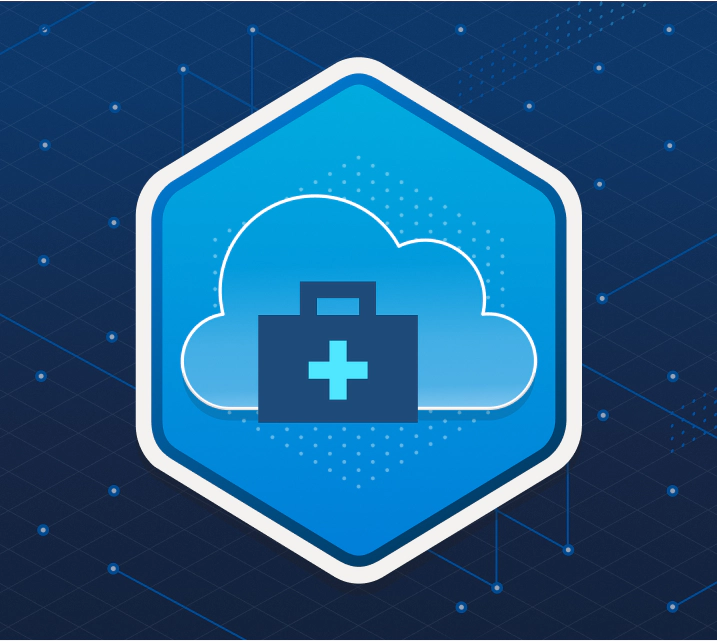Microsoft Cloud for Healthcare: What is it?
 Image courtesy of Microsoft, 2024
Image courtesy of Microsoft, 2024The healthcare industry is undergoing a rapid digital transformation. Data management plays a crucial role in this shift, with patient information requiring secure, efficient handling. Microsoft Cloud for Healthcare (MSCH) offers a comprehensive solution designed to address these challenges and potentially improve healthcare delivery.
Unifying Data for Potential Benefits
MSCH goes beyond basic data storage. It provides a platform that unifies healthcare data across various departments and institutions. This approach offers several potential advantages:
Improved Care Coordination
A unified view of patient data could allow healthcare providers to collaborate more effectively, potentially leading to smoother care transitions.
Enhanced Decision-Making
Clinicians with access to a comprehensive patient history might be able to make more informed diagnoses and treatment plans.
Streamlined Workflows
Administrative tasks could become more efficient, potentially freeing up valuable time for patient interaction.
Security and Compliance: A Critical Focus
Patient data privacy remains paramount. MSCH prioritizes security with robust features to safeguard sensitive information, including:
Encryption
Data protection throughout its lifecycle (at rest and in transit).
Access Controls
Only authorized personnel can access patient information.
Compliance Tools
Built-in features aim to ensure adherence to industry regulations such as HIPAA and GDPR.
Limitations and Considerations for Implementation
While MSCH offers potential benefits, there are also limitations to consider:
Migration Complexity
Transitioning to a cloud-based system can be time-consuming and require careful planning.
Vendor Lock-In
Reliance on Microsoft’s platform might limit future flexibility for healthcare organizations.
Integration Challenges
Existing healthcare systems may require additional effort to integrate seamlessly.
Emerging Applications: Real-World Examples
Several healthcare organizations are exploring the use of MSCH to improve delivery:
Remote Patient Monitoring
Atrium Health is utilizing MSCH for remote monitoring of chronically ill patients, aiming for earlier intervention and improved outcomes.
Personalized Medicine
Genomic sequencing company Invitae is using the platform to analyze vast amounts of genetic data, potentially enabling the development of personalized treatment plans for cancer patients.
Population Health Management
The Singapore Ministry of Health is utilizing MSCH to analyze population health data, with the goal of proactive public health interventions and improved disease prevention strategies.
Conclusion: A Partner in Digital Transformation?
MSCH offers a potential solution for healthcare data management. While security features are a focus, alongside reported benefits in specific cases, further research is needed to determine the overall impact on patient care and healthcare delivery efficiency. Additionally, the limitations associated with migration, vendor lock-in, and integration complexity require careful consideration by healthcare organizations before implementation.